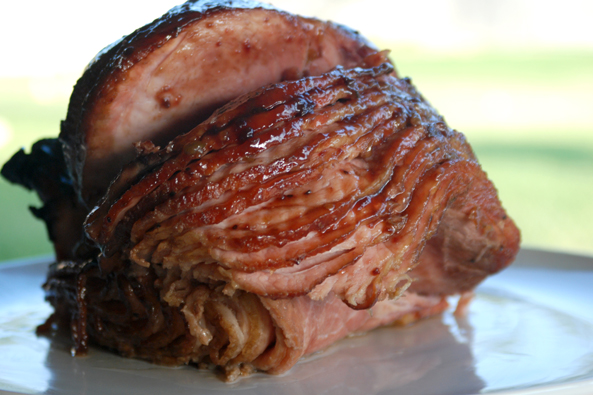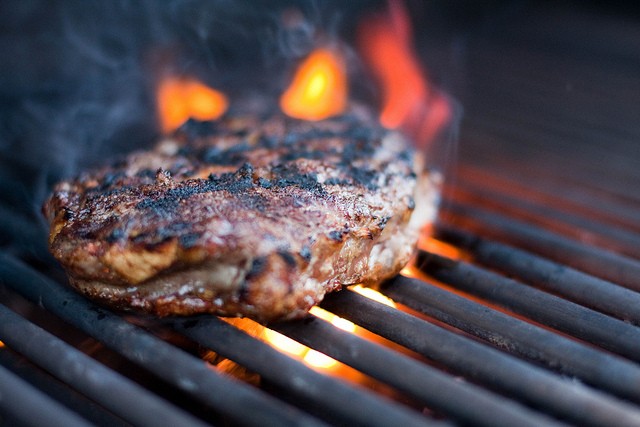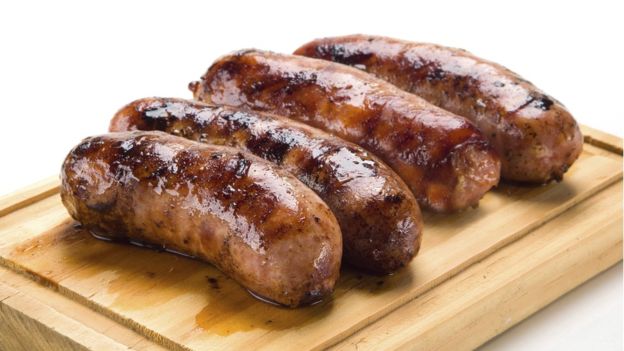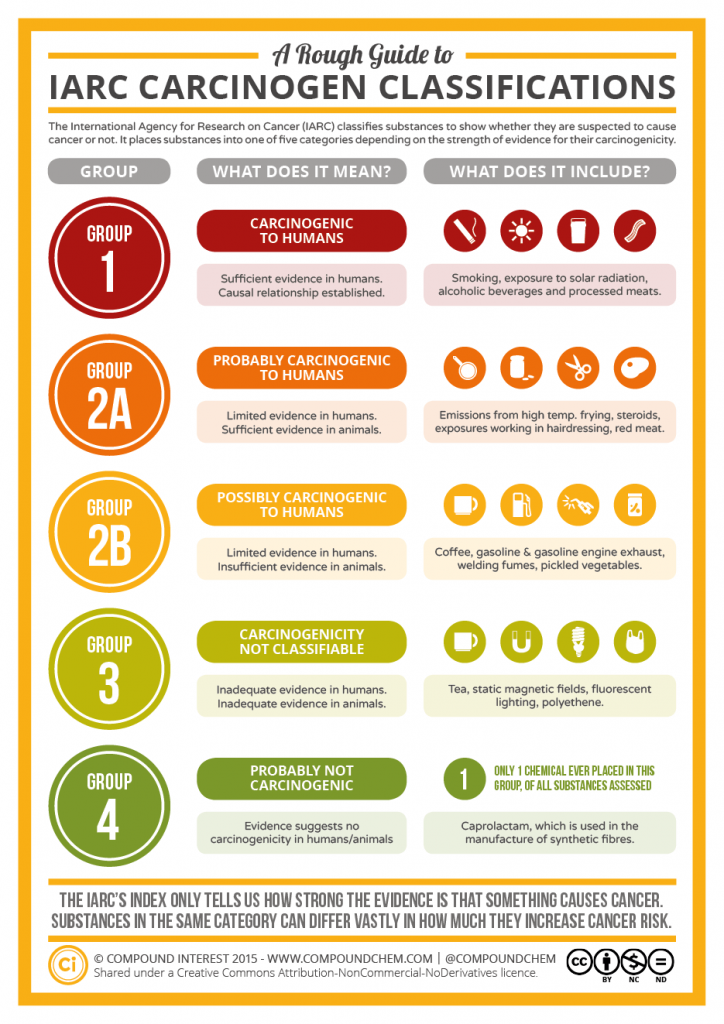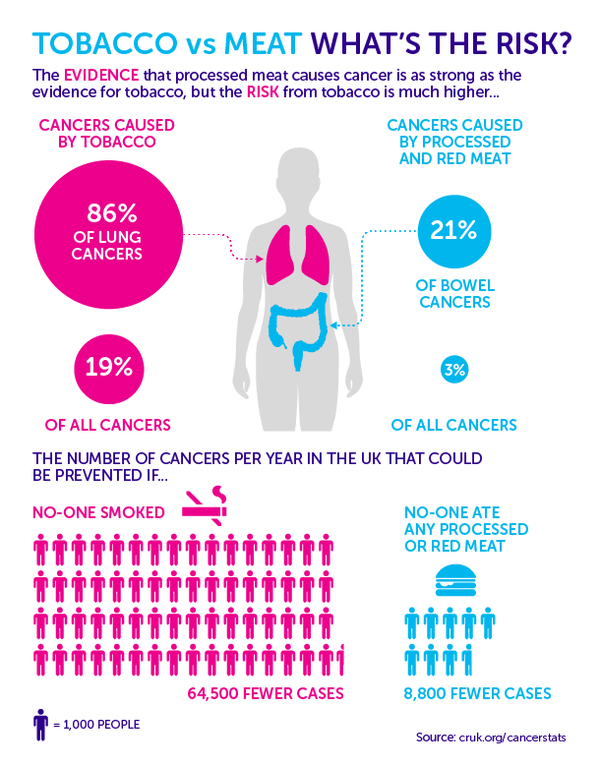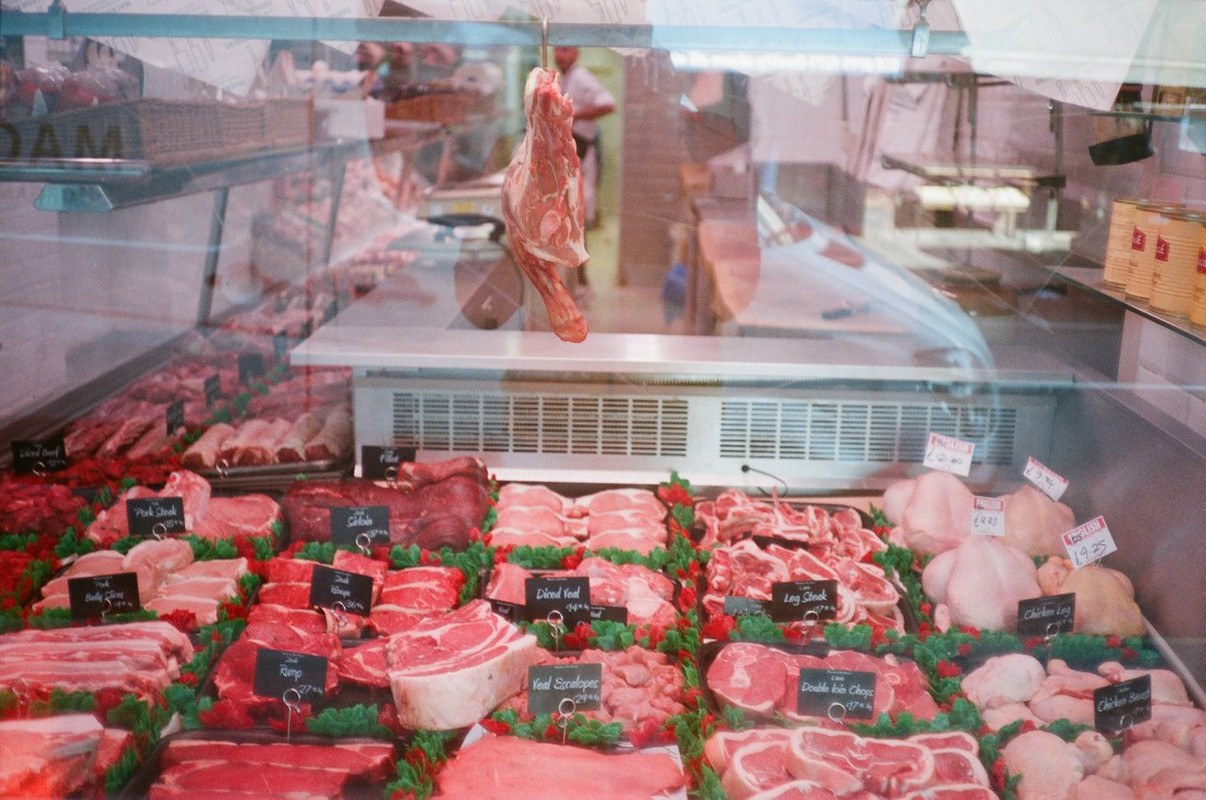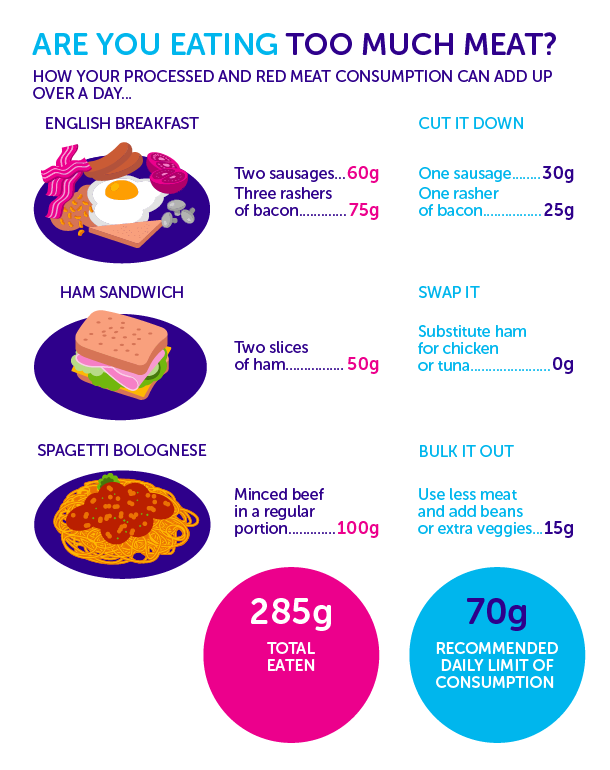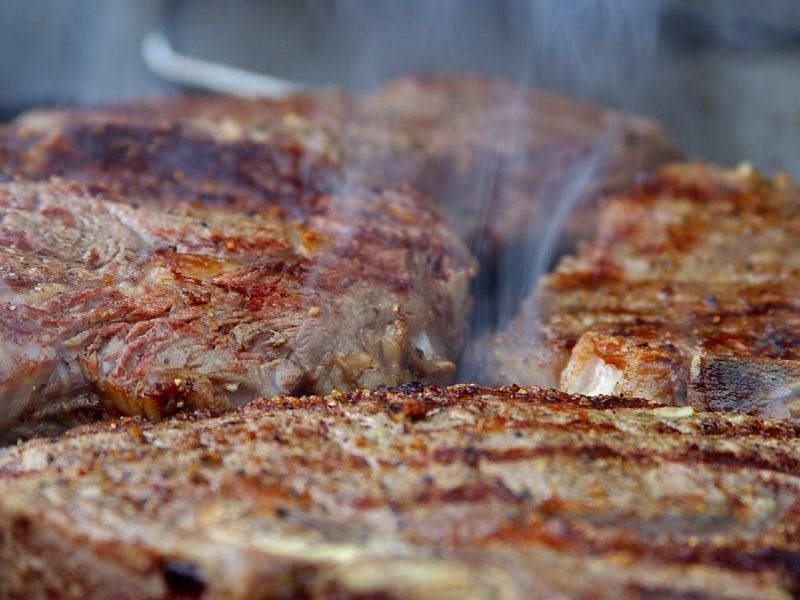Should You Stop Eating Hot Dogs And Red Meat For Good Now?
For starters, the risk of cancer is much, much smaller than cancer risks from smoking.
It's official.
The World Health Organization (WHO)'s International Agency for Research on Cancer (IARC) announced that eating processed meat can increase the risk of cancer.
Processed meats like bacon, sausages, and hot dogs can cause colon cancer and red meat is also a likely cause of the disease, WHO experts say, in a potentially heavy blow for the global meat industry.
The analysis of 800 studies from around the world by the IARC found "sufficient evidence in humans that the consumption of processed meat causes colorectal cancer".
We're pretty sure this news has thrown many meat lovers into a frenzy. But, don't freak out- it isn't as bad as it seems!
IARC doesn't provide much context for its new categorisation and it's causing panic all around the world.
1. What are processed meats? In summary - meat that has been altered from its natural state.
Processed meat has been modified to either extend its shelf life or change the taste and the main methods are smoking, curing, or adding salt or preservatives.
Simply putting beef through a mincer does not mean the resulting mince is "processed" unless it is modified further. Processed meat includes bacon, sausages, hot dogs, salami, corned beef, beef jerky, and ham, as well as canned meat and meat-based sauces.
2. So, why do they cause cancer? A number of chemicals formed during meat processing are the main causes.
Suspected carcinogenic chemicals can form during meat processing. These include N-nitroso compounds and polycyclic aromatic hydrocarbons.
Cooking the meat at high temperatures, especially on a barbecue, can also produce these dangerous chemicals.
3. How big are the risks? Here's the deal - the link between cancer and processed meats is incredibly small.
Yes, there is a link between consuming these foods and cancer, but the risk is incredibly small.
The report also doesn't identify if there is a safe level of meat to eat. Mostly, the IARC findings tell us that there is an established cancer risk associated with eating processed meats, albeit a minor one. It's something that researchers have suspected for some time.
Processed meats are classified under Group 1 Carcinogens - items in this category are defined as having the potential to cause cancer, or in other words "carcinogenic to humans"
Group 1 Carcinogens contain a long list of items, including things that are almost impossible to avoid - such as sun exposure, exhaust fumes, and air pollution.
Even alcoholic beverages are also listed in Group 1, having been linked to head and neck cancer, esophageal cancer, breast cancer, and more. Those who drink more than three alcoholic beverages a day significantly increase their risk of developing these conditions.
But just because something is listed as Group 1 Carcinogen doesn't mean it's potent. For example, compare the exposure of sunlight to smoking.
Group 1, the substances classified as "carcinogenic to humans", includes sunlight, cigarettes, and, now, processed meat. All this means is that, for each of these substances, there's compelling evidence that some amount of exposure can increase a person's risk of at least one type of cancer.
Scientists are confident that high levels of sunlight can cause skin cancer. They're also confident that smoking can cause lung cancer. But the similarities end there. No one believes that sunlight and smoking are equally dangerous.
4. Smoking and processed meat - which one has a higher risk of causing cancer? The former, of course.
In the United States, a person's lifetime risk of colorectal cancer is about 4.5 percent. So eating a hot dog every single day would bump that lifetime risk up to 5.3 percent. Eating more processed meat would nudge those numbers up further. But the overall risk is still fairly low.
Now consider cigarettes. One 1994 study of Canadians found that the lifetime risk of lung cancer for male non-smokers was about 1.3 percent. But regular smoking increased that risk to 17.2 percent. The CDC likewise estimates that smokers are 15 to 30 times more likely to develop lung cancer than non-smokers, depending on the situation. This is clearly a much bigger worry than having a hot dog now and then.
5. How about red meat? Does it cause cancer too? There's strong evidence that it might, but it's not conclusive.
As for red meat - which it characterised as muscle meat such as beef, veal, pork, lamb, and mutton, among others - the panel (IARC), said it was "probably" carcinogenic based on "limited evidence".
Red meats got placed in Group 2A, meaning "there is strong evidence that it can cause cancer in humans, but at present it is not conclusive".
6. Will cutting down on processed meat from my diet lower the risk of cancer? It wouldn't exactly completely erase the risk, but it would help reduce it.
Even people who were to cut processed meat from their diet entirely wouldn't completely erase the risk of colorectal cancer, either. There are much more effective ways to reduce your risk of colorectal cancer.
That's not to say you shouldn't try to limit your intake of these foods. Many experts have advised people to reduce — not entirely cut out — the amount of red and processed meats in their diet in light of the report.
It's also a good idea to substitute these meats with chicken, turkey, or fish, while adding more fibre, fruit, and vegetables.
The conclusion? It's all about a balanced diet.
Casey Dunlop, a health information officer at Cancer Research UK, advises bulking up the vegetables you eat with each meal. That way, you eat smaller portions of red and processed meats and more foods that bring positive health benefits.
However, red meat is a good source of iron, so there are still some reasons to keep these foods on your dinner plate.

